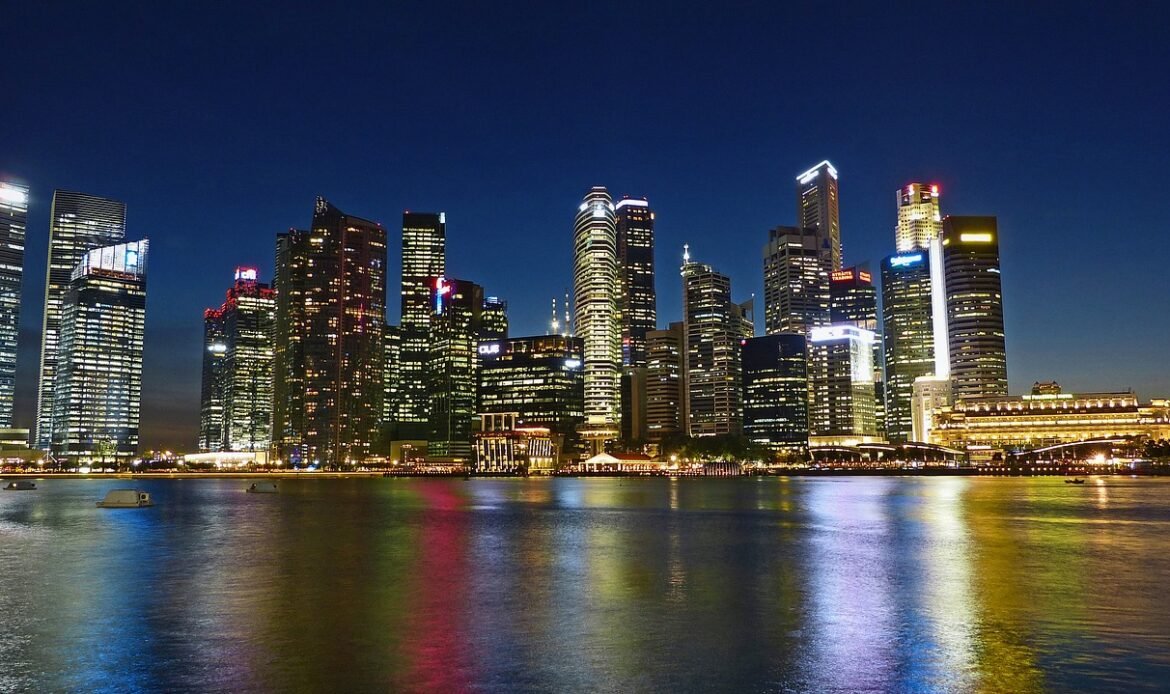A reported directive to banks comes as wealthy Chinese citizens park billions on the island amid a corruption crackdown at home
Regulators in Singapore have asked banks not to discuss the origins of large amounts of wealth flowing into the country over the past year, due to the booming presence of rich Chinese nationals, the Financial Times reported on Friday.
The Monetary Authority of Singapore (MAS), the country’s central bank, gave the tacit directive during a banking sector meeting in February, the outlet claimed, citing multiple sources who attended.
The MAS reportedly told banks not to single out any particular markets when reporting the sources of their inflows, the FT wrote. The regulator did not mention China by name, but noted that growth in fund flows was being “driven by high-net-worth individuals from different regions,” the FT’s sources said, adding that that it was clear that the regulator was referring to China.
Singapore boasts a huge financial services sector and is sometimes dubbed the “Switzerland of Asia,” due to its efforts to strike a neutral stance amid tensions between China and the US. The city state has been named the world’s best place to do business for 15 consecutive years by the Economist Intelligence Unit. Many wealthy Chinese see it as a safe place to park their assets, amid the crackdown on corruption in their home country.
The wealth flow from China into Singapore has become a politically sensitive issue on the island, driving up the cost of living for locals. The MAS wants banks to keep public discussion of the phenomenon to a minimum, the FT writes.
Private banks have been told: “just quietly do your job” because “you don’t want to antagonize,” a source added.
According to a report by Al Jazeera last month, buyers from Mainland China accounted for nearly a quarter of luxury home sales in the city state in 2022, outnumbering US citizens by more than two to one. The number of so-called family offices, which private wealth management firms set up for rich individuals and their relatives, has exploded in Singapore over the past few years, with a large chunk of them from China, the FT writes.
A crackdown on corruption is underway in China, extending into many spheres of public life, and probing state-linked organizations and private-sector companies.
This article was originally published by RT.



